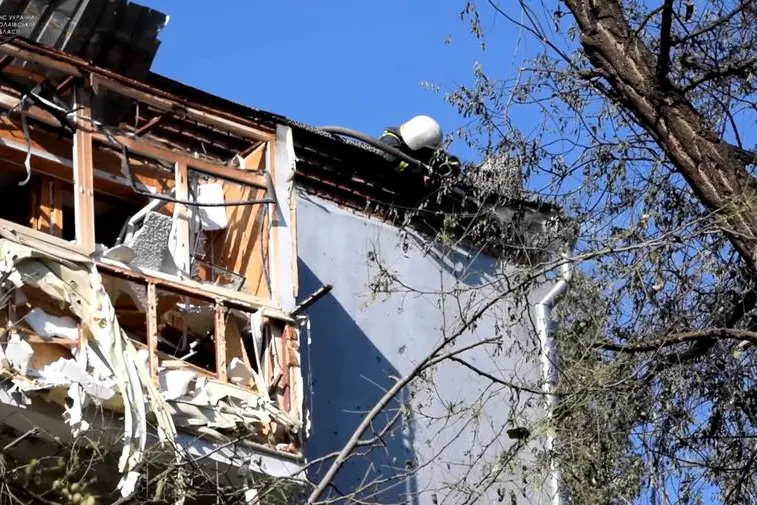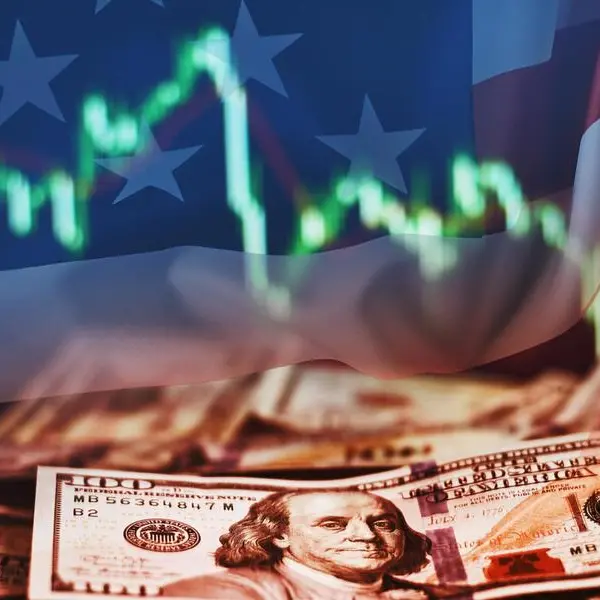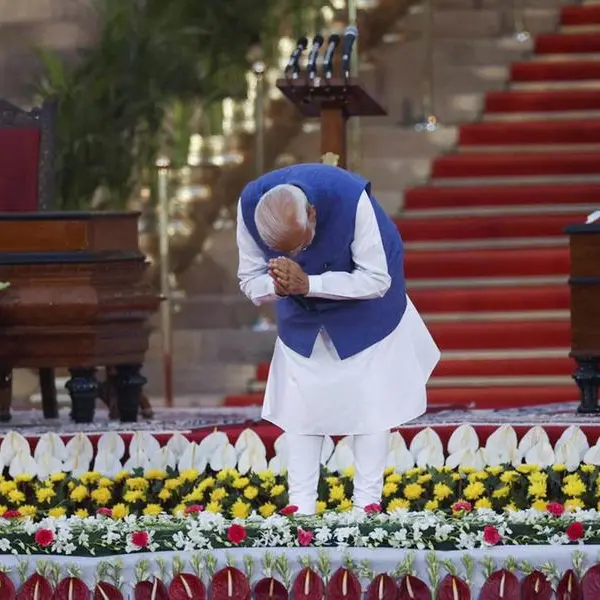PHOTO
KYIV – Europe, the United States, and Ukraine’s other allies have implemented two of the three measures needed to bring the Russian economy to its knees and hamper President Vladimir Putin’s war of aggression. Strong financial sanctions are in place, and Europe has formed a buyers’ coalition to place an embargo on most oil imported from Russia later this year. But now we need the third decisive piece of the puzzle: to squeeze Putin’s revenue from seaborne crude oil, starting immediately.
The financial sanctions adopted after the invasion have been effective. Freezing the Russian central bank’s reserves eliminated much of the country’s buffer against shocks. The ruble’s stability has since rested merely on strong capital controls and the continued inflow of hard currency from the sale of oil and gas. This is a precarious arrangement that can easily be broken by further negative shocks.
By creating a buyers’ coalition, the European Union has already created the mechanism for delivering such a shock. After much debate, EU member states decided to stop buying Russian oil transported by ship, starting just over five months from now. Given that Russia is still exporting around 1.25 million barrels per day to the EU by sea, curtailing these shipments could have a major impact on Putin’s revenue stream, the ruble’s strength, and the already-fragile Russian financial system.
But waiting five months before hobbling Putin’s war machine is not acceptable. Every day, more Ukrainians are being killed by Russian forces. We cannot wait. We need the final piece of the strategy to lower the price paid to Russia for its crude and refined products, thereby limiting the Kremlin’s revenues.
Those revenues remain robust. In May, the EU alone imported more than $5 billion worth of Russian crude by sea, and it is on track to purchase a similar amount in June. For every barrel of oil sold, Putin is receiving up to $100 that he can apply directly to the war effort. The same inflow has also kept the ruble much stronger than it would be otherwise.
Somewhat counterintuitively, the third piece of the puzzle cannot be put in place through a complete zero-shipment embargo that outlaws oil exports by ship in EU-owned, EU-insured, or EU-financed vessels to the rest of the world. That kind of hammer blow would likely drive up the price of oil, causing economic pain around the world and increasing the revenue that Putin receives from countries that aren’t complying with the sanctions.
But if the third set of measures is properly designed, these negative effects can be mitigated, and perhaps even avoided altogether. To that end, we support recent proposals by US Secretary of the Treasury Janet Yellen and Italian Prime Minister Mario Draghi that would cap the price that Russia receives per barrel of oil. The EU could do this by leveraging its buying power over the next five months, and by exploiting the fact that most Russian oil – around 70% – is carried in ships that are owned, insured, and financed by entities in the EU, the United Kingdom, and other allied countries. These measures are being actively discussed among EU members, and we would encourage all other countries to line up behind them.
Because the marginal cost of production in existing Russian oil fields is exceptionally low, the price cap could be set at rock-bottom levels to squeeze Putin’s revenues without eliminating Russia’s incentive to continue exporting. Oil would continue to be supplied to the international market, preventing a short-run negative effect on price levels worldwide.
This price cap could be implemented in several ways, either as a direct restriction or as a tariff. The advantage of a tariff or tax-type structure is that it would generate revenue that could be used to cover the costs of hosting the roughly five million Ukrainian refugees who are currently sheltering in the EU, or to help other low-income people (in Europe and elsewhere) who have been hit hard by the consequences of Putin’s war of aggression.
Of course, Russia may refuse to supply oil at this lower price. But it is worth remembering that it remained keen to sell as much as it could during the pandemic, even when prices fell as low as $20 per barrel. Moreover, if Russia “shuts in” its production, it will damage its oil wells and effectively resign its membership in OPEC+. The loss to the Russian economy would be immediate, and the pressure on the ruble would become immense.
Without hard currency, Putin would have a difficult time buying components for his rockets and other weaponry from other countries. Without government revenue, Russia will need to print more money to support its war effort – causing its inflation to accelerate. The West has made great progress in designing sanctions that will stop Putin’s war in Ukraine. Now it must finish the job.
German Galushchenko is Ukraine’s Minister of Energy. Oleg Ustenko is Economic Adviser to Ukrainian President Volodymyr Zelensky.
Copyright: Project Syndicate, 2022.
www.project-syndicate.org





















